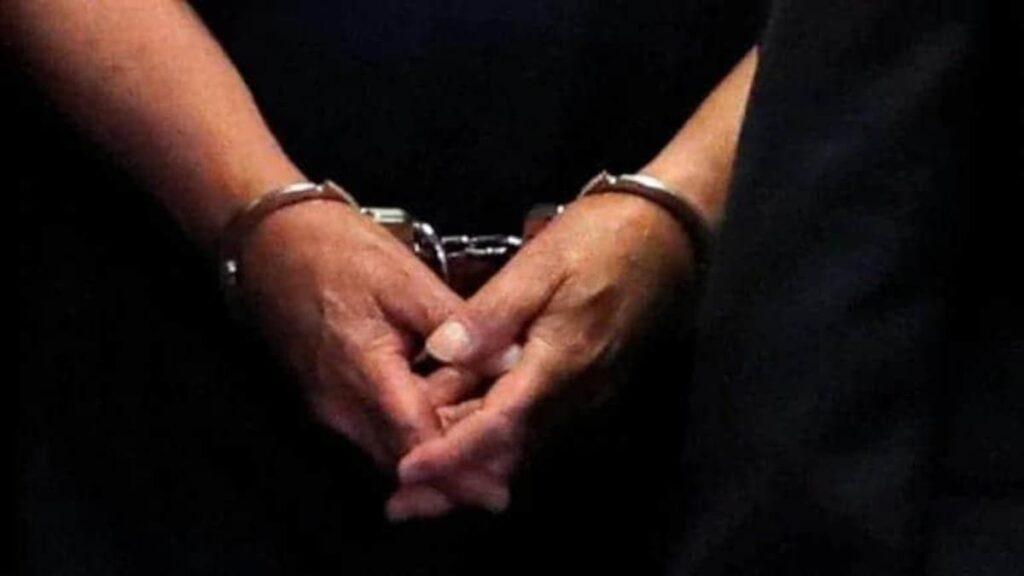Aaratrika Bal
While we have Section 301 of the CrPC that imposes limitations on the right of the private person to participate in criminal proceedings, the Supreme Court decided that Section 311 can be invoked if it is necessary in order to arrive at a fair decision.
The bench comprised Justices DY Chandrachud and AS Bopanna. On 8th August 2022, the Supreme Court observed that,
“…a criminal court cannot remain a silent spectator. It has got a participatory role to play and having been invested with enormous powers under Section 311 CrPC, as well as Section 165 of the Evidence Act…” The bench held that criminal court has been vested with enough power to u\summon an individual to be a witness or to undergo re-examination. This can happen even if evidence has been closed on both sides.
Background Of The Case
In this case an advocate had been murdered in 2015 on 8th November at about 11:00 pm. After the incident happened, an FIR was registered at the Mhow Police Station under section 302 read along with section 34 of the IPC. The post-mortem revealed that death happened due to a firearm injury. After the investigation, five people were arrested. The appellant here, is the deceased’s spouse.
An application was submitted under section 311 by the appellants which the Sessions Court did not accept. As per this application, the nodal officers of certain telecom companies were summoned. The application also mentioned that the decoding register had to be brought. The Sessions Court also held that the evidence of prosecution stood closed. The High Court also upheld the order when the spouse of the deceased advocate challenged the order over there. The appellant then appealed to the Hon’ble Supreme Court.
As a result, the scope of section 311 was studied and examined by the Supreme Court. It was also said, “The power of the court is not constrained by the closure of evidence. Therefore, it is amply clear from the above discussion that the broad powers under Section 311 are to be governed by the requirement of justice. The power must be exercised wherever the court finds that any evidence is essential for the just decision of the case…”
The court referred to several cases, including Zahira Habibullah Sheikh v. State of Gujarat and Karnel Singh v. State of Madhya Pradesh. The apex court found that Section 311 had to be applied with caution and responsibility. The court held that Section 311 cannot be merely ignored just because it might fill up the gaps in the case of the prosecution. “It is well settled that the power conferred under Section 311 should be invoked by the court only to meet the ends of justice. The power is to be exercised only for strong and valid reasons and it should be exercised with great caution and circumspection.”, said the apex court.
Click here to access a copy of the judgment.
Case title: Varsha Garg v. State of Madhya Pradesh and Ors.
Citation: Criminal Appeal No. 1021 of 2022


